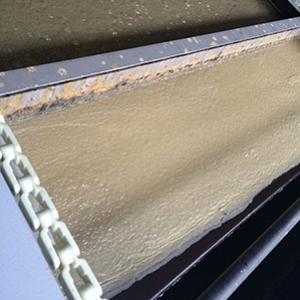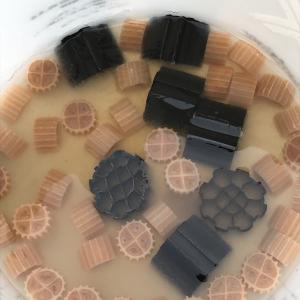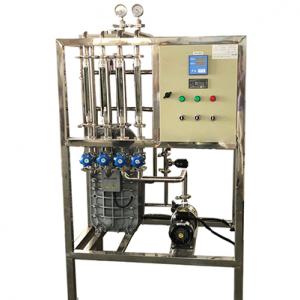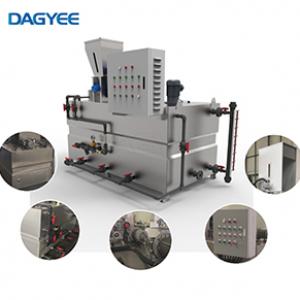MBR Wastewater Treatment Process
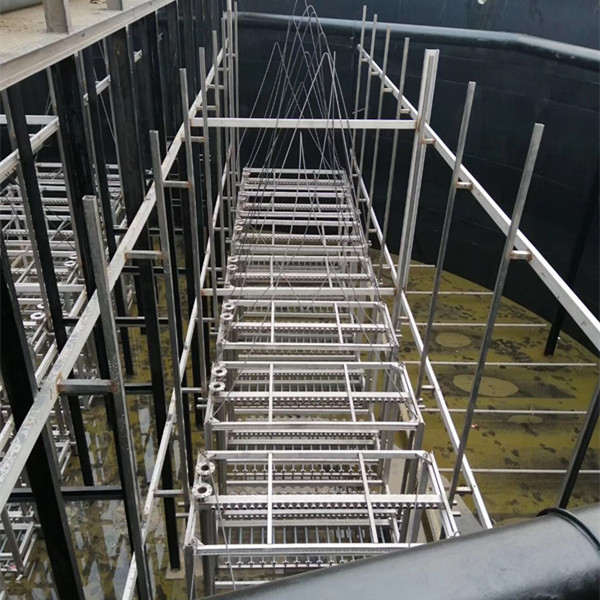
There are many types of membranes, which are classified according to the separation mechanism, including reactive membranes, ion exchange membranes, permeable membranes, etc.; according to the nature of the membranes, there are natural membranes (biological membranes) and synthetic membranes (organic membranes and inorganic membranes) according to the structure of the membrane Type classification, there are flat type, tube type, spiral type and hollow fiber type.
Advantages of MBR process:
(1) Due to the efficient separation of the membrane, the separation effect is far better than that of the traditional sedimentation tank, and the effluent quality is stable.
(2) The remaining sludge output of this process is low, which reduces the cost of sludge treatment.
(3) Small footprint, not restricted by installation occasions
(4) Convenient operation and management, easy to realize automatic control
Disadvantages of MBR process:
(1) The membrane cost is high, and the capital investment of membrane-bioreactor is high;
(2) Membrane contamination is easy to occur, which brings inconvenience to operation and management;
(3) The MBR process has high energy consumption.
